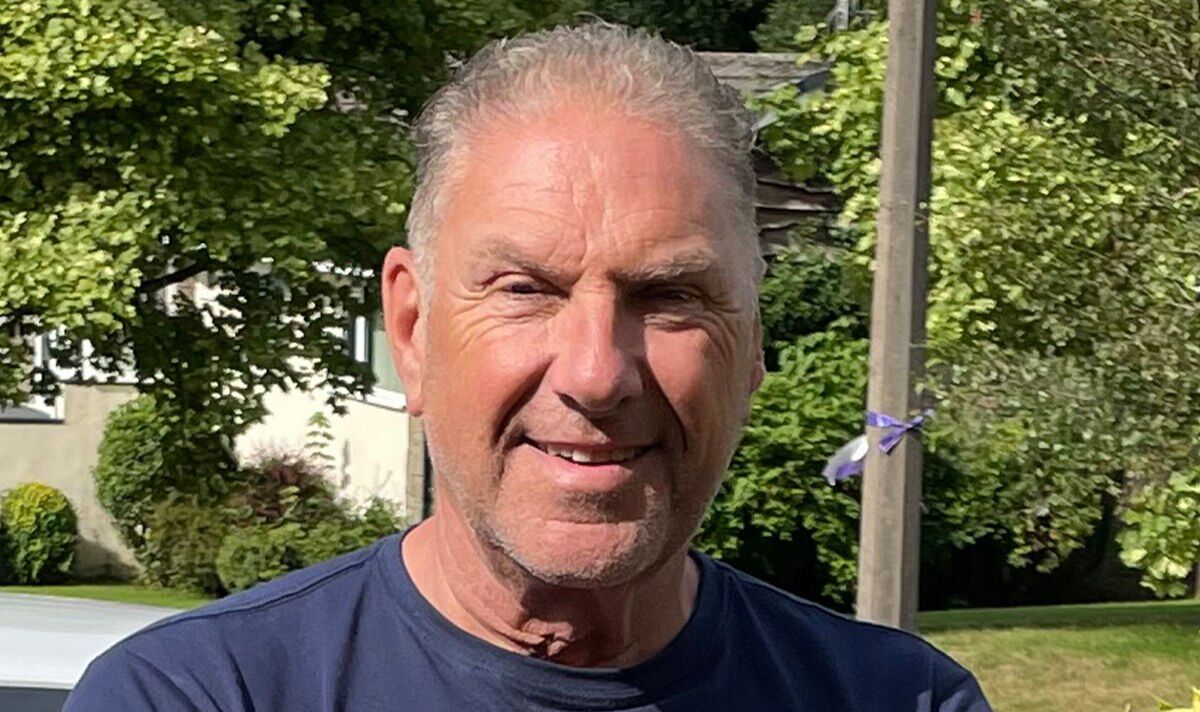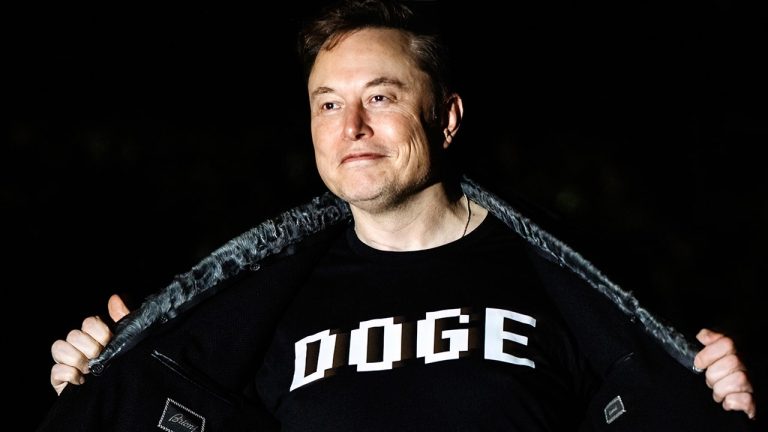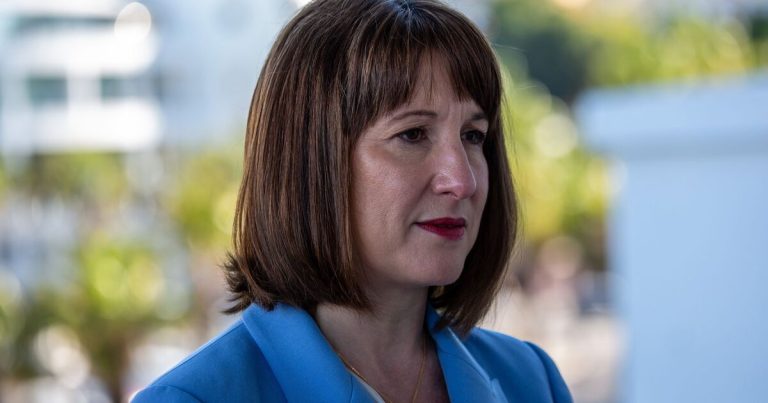
A man has earned almost £100 by reducing his electricity usage during off-peak times as part of the Demand Flexibility Service.
Graham Felton, 68, said it’s no inconvenience to him to as he turns down the thermostat and cooks his dinner earlier, to reduce his usage.
The OVO Energy customer has taken part in 20 of the events and has earned around £7 a time, racking up a total of £96.18.
He said: “It changes the daily routine and it’s not a hard thing to do. It’s just something that’s become habit. It helps us to be a lot more conscious too.
“We’re very lucky in the sense that we’re financially sound, but it’s nice to be able to save anyway.”
The retired business owner lives in a bungalow in Burnley, Lancashire. He has an infrared heating system that he turns down during the events.
The most recent event was on November 9, earning Mr Felton another £7, the first of 12 national tests taking place this winter.
Mr Felton said: “It’s a good saving for a very small behaviour change that didn’t inconvenience me at all. The heating system runs low level all the time, so it keeps the house on an ambient temperature.
“They retain heat and so by turning it off for an hour and a half it doesn’t make much difference to the house temperature.”
The Demand Flexibility Service involves people getting paid to reduce their electricity usage during peak hours.
These suppliers are taking part in the scheme:
- Axle Energy Ltd
- British Gas
- CarbonLaces Solutions Ltd
- Chameleon Technology
- Easee UK Ltd
- EDF
- E.ON Next Energy Ltd
- Equiwatt
- Foxglove Energy Supply Ltd T/A Outfox the Market
- GivEnergy
- 100 Green
- Good Energy
- Hildebrand Technology Ltd
- Hugo Energy App
- Loop
- Octopus Energy
- Ohme
- OVO Energy
- Passiv UK
- Perse Technology Ltd
- Power Rewards App
- Scottish Power
- Shell Energy Retail
- SMS
- olarEdge Technologies
- Uswitch Ltd
- Utilita Energy Ltd.
A person will need a smart meter able to send readings to take part in the scheme.
Martin Lewis previously said he surveyed 3,000 people who used the service last winter, and almost eight in 10 people said they had a good experience and would recommend doing it.
He said: “It’s quite a positive thing to do, although the amount of money you get isn’t big. Most people got between £5 and £20, 16 percent of people got over £20, only three percent of people got over £50.
“This isn’t about huge money but people said they enjoyed the process and they got a feel good factor from knowing they were doing something good for the environment and trying to help protect the energy supply across the country.
“The most common things people cut back were simply shifting their usage of their ovens and their washing machine and their tumble dryer outside of peak time, which is usually about 4pm to 8pm.”
For the latest personal finance news, follow us on Twitter at @ExpressMoney_.





